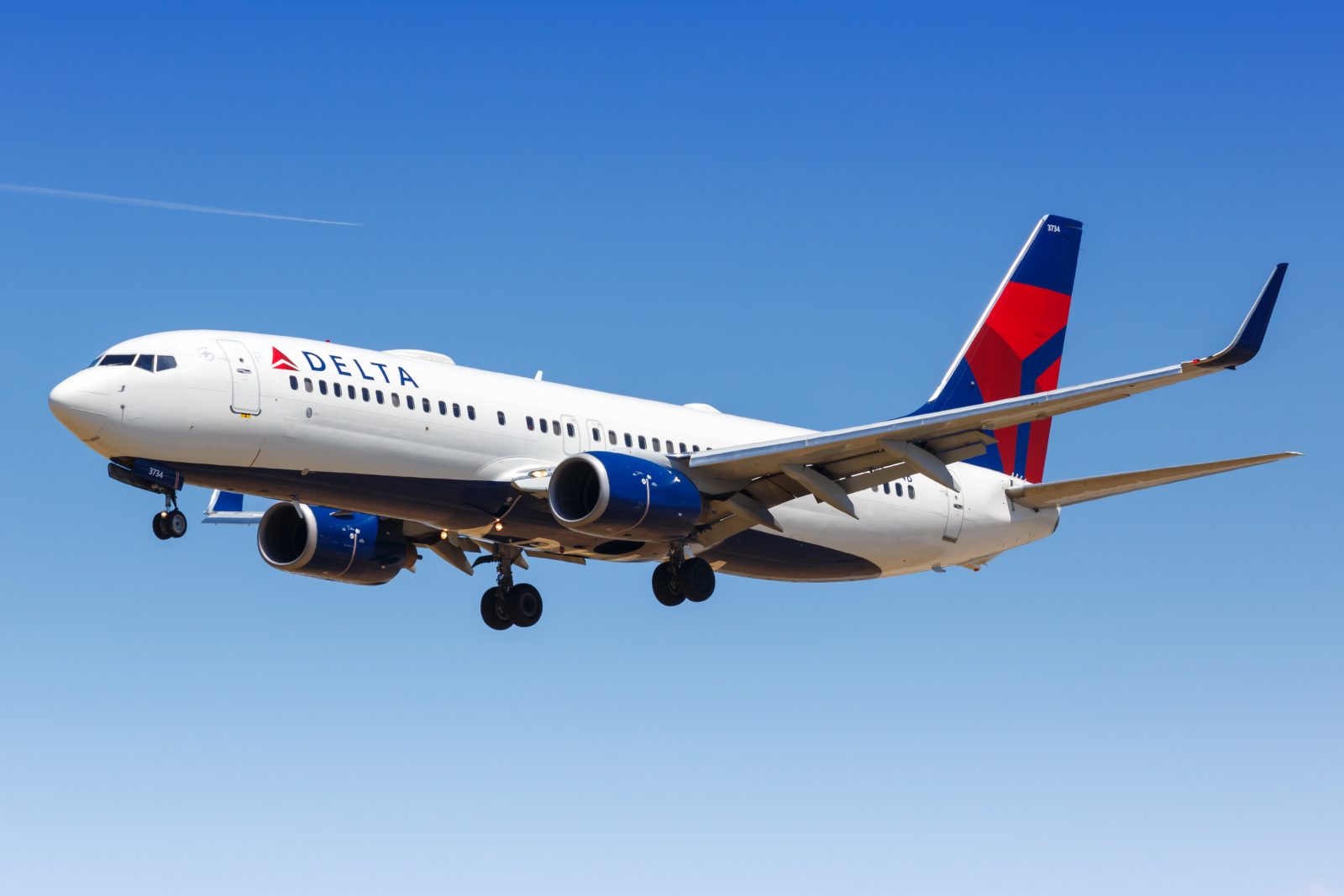
A Delta Air Lines passenger who suffers from Chronic Obstructive Pulmonary Disease, or COPD as the condition is more often known, claims flight attendants gave her an empty oxygen bottle during a flight from Minneapolis−Saint Paul to Chicago, resulting in her being unable to breathe.
Mattie Nash-Jackson, whose health condition is so bad that she is a regular wheelchair user, claims she sought permission from the Atlanta-based airline to use her own portable oxygen concentrator and that her boarding pass was marked to show she would be using supplemental oxygen onboard the flight.
But when she got to the gate at Minneapolis−Saint Paul International Airport, Ms Nash-Jackson claims Delta agents told her she wasn’t allowed to take her oxygen concentrator onboard the plane and that she would instead have to use oxygen from portable bottles that are carried on the plane.
Ms Nash-Jackson was given an oxygen bottle for use on the flight, but the first bottle reportedly ran out before the end of the short 55-minute flight to Chicago. Flight attendants then offered the ‘second and last’ oxygen bottle on the plane and discovered it was empty.
“Ms Nash-Jackson had inadequate oxygen, was unable to breathe and suffered great bodily harm as a result of lack of oxygen,” the complaint which was filed in federal court last week reads.
“She was taken by ambulance from Chicago O’Hare to a hospital for emergency medical care due to the injuries she suffered as a result of this incident,” the complaint continues.
COPD is a lung disease that makes it very difficult to breathe normally and can cause a variety of debilitating symptoms, including shortness of breath, fatigue, a severe cough and chest pain.
Not all COPD sufferers need to use supplemental oxygen, but it can be beneficial, especially when flying.
Ms Nash-Jackson alleges that gate agents in MSP were negligent for using to let her board with her oxygen concentrator because she had managed to get the correct approval to use it from Delta and had done just that on a connecting flight from Phoenix the same day.
The incident actually took place six years ago, on June 7, 2017, although the lawsuit has only now been filed in Minnesota District Court. In a statement, a Delta spokesperson told us: “While we, unfortunately, cannot comment on this specific matter, passenger safety is always Delta’s top priority.”
In March, a family of a deceased American Airlines passenger sued the carrier, alleging that a potentially life-saving automated external defibrillator (AED) onboard a flight San Pedro Sula in Honduras to Miami had run out of battery.
Lawyers representing the family allege that American Airlines “hastened the untimely death” of Kevin Ismael Greenidge due to their negligence in keeping the defibrillator in working order.
The Federal Aviation Administration (FAA) requires commercial passenger airlines in the U.S. to carry a working FDA- approved AED on all aircraft with a payload capacity of more than 7,500 pounds, with at least one flight attendant.
Mateusz Maszczynski honed his skills as an international flight attendant at the most prominent airline in the Middle East and has been flying ever since... most recently for a well known European airline. Matt is passionate about the aviation industry and has become an expert in passenger experience and human-centric stories. Always keeping an ear close to the ground, Matt's industry insights, analysis and news coverage is frequently relied upon by some of the biggest names in journalism.








A person so sick that they need constant oxygen on an hour’s flight does NOT belong on an airplane. She should have been denied boarding at MSP. An incredibly ignorant woman who should not be leaving home without supervision.